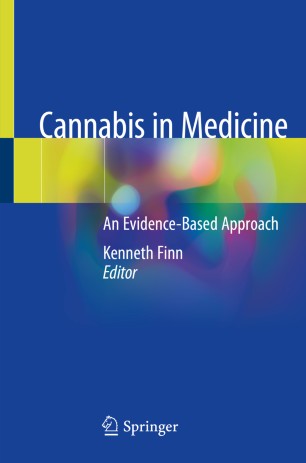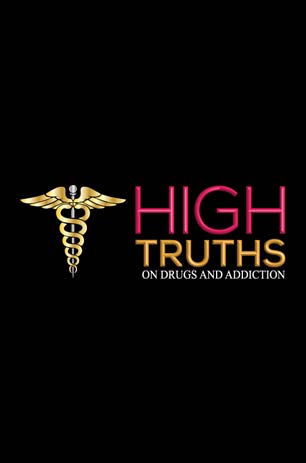The Role of Cannabis Use in Suicidal Ideation Among Patients With Opioid Use Disorder
Cannabis use is associated with a heightened propensity for suicidal ideation amongst patients with OUD, who are already a high-risk population. Further research into the potential harms of cannabis use in this population is required given the prevalence of its use and potential benefits in mitigating opioid withdrawal. For more information on the International Academy


